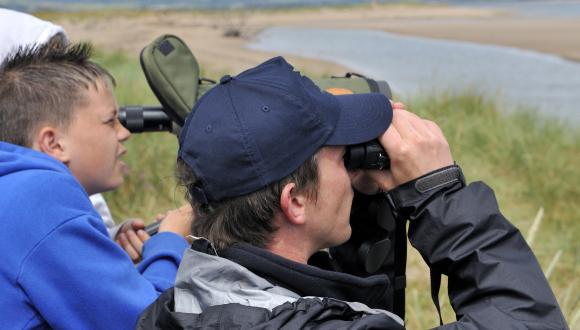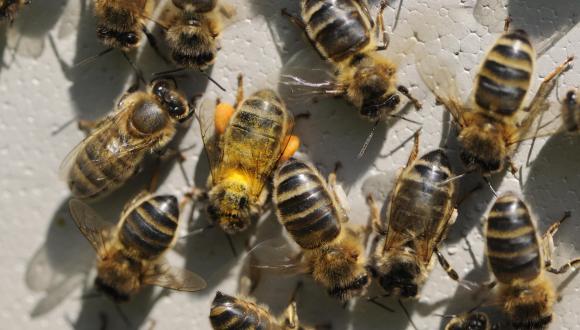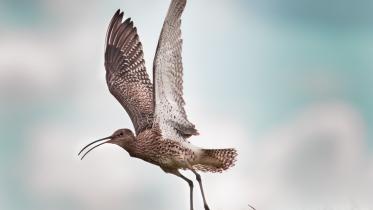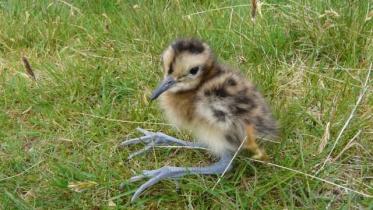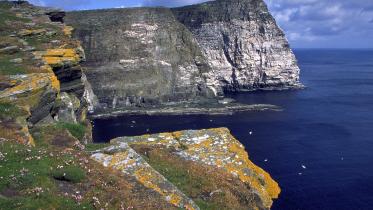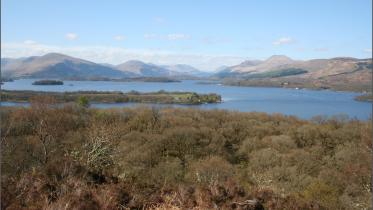NatureScot Commissioned Report 757: The presence and behaviour of wild bees on crops in Scotland - a preliminary study

Recent concerns about possible yield limitation from shortages of crop pollinators have led to increasing interest in the ability of the environment surrounding cropped areas to support insects that provide this essential ecosystem service. Many such studies concentrate on honey bees or bumblebees, yet there are many other wild bee species whose role is not clearly understood. This study aims to provide a snap-shot of the current situation on two major pollinated crop types, oil seed rape and fruit, and to consider the potential of wild bees in Scotland. Main findings: 1. The efficiency of crop-pollination by various bees depends on the type of crop and the behaviour of individual bee species. 2. A range of spring-flying mining bees, as well as bumblebees and honey bees, have the potential to provide crop pollination services. 3. The opportunities to support crop-pollinating insects are limited in the study area.
Pages: 46
Published: 2014
NatureScot Commissioned Report 757
Disclaimer: Scottish Natural Heritage (SNH) has changed its name to NatureScot as of the 24th August 2020.
At the time of publishing, this document may still refer to Scottish Natural Heritage (SNH) and include the original branding. It may also contain broken links to the old domain.
If you have any issues accessing this document please contact us via our feedback form.
